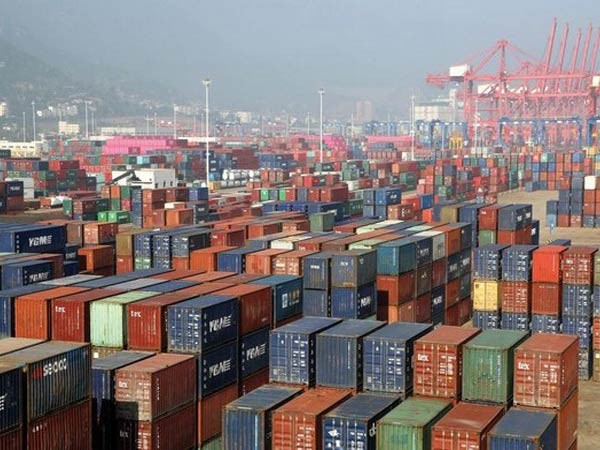
S. Korea's current account surplus halved on-year in December amid soaring imports
Feb 10, 2022
Seoul (South Korea), February 10: South Korea's current account surplus was halved in December from a year earlier as imports grew at a much faster pace than exports amid higher energy and raw material prices, central bank data showed Thursday.
The current account surplus amounted to US$6.06 billion in December, compared with a surplus of $12.06 billion a year earlier, according to the preliminary data by the Bank of Korea (BOK). The current account is the broadest measure of cross-border trade.
The December figure was also smaller than the previous month's surplus of $6.82 billion though it remained in the black for the 20th straight month.
For the whole of 2021, the country's current account surplus reached $88.3 billion, which was higher than the previous year's $75.9 billion. The amount still fell short of the BOK's surplus forecast of $92 billion.
The on-year decline in December stemmed mostly from imports, which grew much faster than exports, driven by high energy and raw material prices.
The data showed that imports came to $57.95 billion in December, higher than $41.93 billion a year earlier. For 2021, imports totaled $573.81 billion, compared with the previous year's $437.3 billion.
In particular, imports of raw materials jumped 63.8 percent on-year in December, with crude oil prices soaring 86.2 percent over the same period.
Exports in December were tallied at $62.43 billion, up from the previous year's $52.53 billion, with annual overseas shipments growing to $650.01 billion from $517.91 billion in 2020.
Despite robust exports growth, the goods balance measuring inbound and outbound shipments saw its surplus shrink to $4.48 billion in December from the previous year's surplus of $10.6 billion, the data showed. The annual surplus also declined from $80.6 billion to $76.2 billion.
The service account, which includes outlays by South Koreans on overseas trips, posted a deficit of $240 million in December, compared with a deficit of $440 million a year earlier. For 2021, the deficit narrowed to $3.11 billion from the 2020 deficit of $14.67 billion.
The smaller service account deficit was due in part to rising freight fees and increased air cargo shipments amid rebounding demand following the pandemic-caused slowdown.
The primary income account, which tracks wages of foreign workers and dividend payments overseas, logged a surplus of $2.47 billion in December, slightly down from a surplus of $2.59 billion in the previous year.
The decline was caused by less dividend income and more dividend payouts to foreign investors.
The capital and financial account, which covers cross-border investments, posted a net inflow of $7.23 billion in December, smaller than a net inflow of $8.88 billion a year earlier, the data showed.
Source: Yonhap









